Does anyone else out there have problems getting long exposure shots developed? I recently shot several rolls of long exposure shots out in the desert at night, and the vast majority of them didn't turn out at all. I pretty much know what I'm doing, so without sounding too pompous, I'm blaming the developer (the local drug store). To back up my theory even more...the first roll I shot had some regular exposure photos on it, and the entire roll turned out alright. It was the rolls that had all long exposure shots that didn't turn out.
Has anyone else had problems like this? Does anyone know how those automatic developer machines work? I think that might have something to do with it...like the machine was trying to compensate for the exposures and messed it up...
Any ideas?
Sen
Has anyone else had problems like this? Does anyone know how those automatic developer machines work? I think that might have something to do with it...like the machine was trying to compensate for the exposures and messed it up...
Any ideas?
Sen


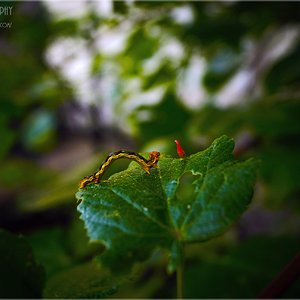
![[No title]](/data/xfmg/thumbnail/32/32808-9d1f657a1903d3bdbd67ea830397d62c.jpg?1619735668)
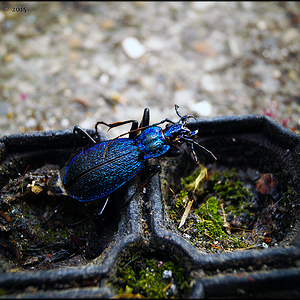
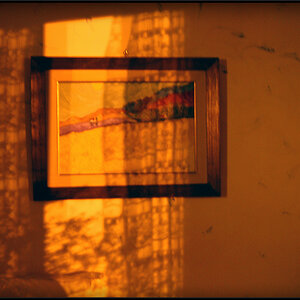
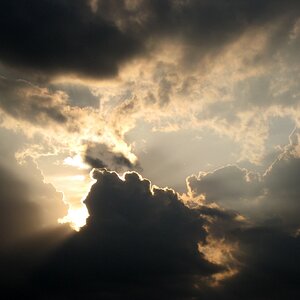

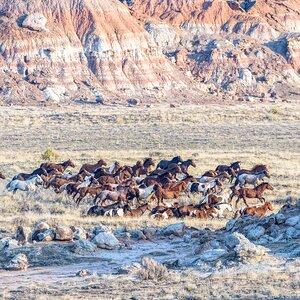




![[No title]](/data/xfmg/thumbnail/32/32809-afb9514cb8c02e2e41c241946e185251.jpg?1619735668)